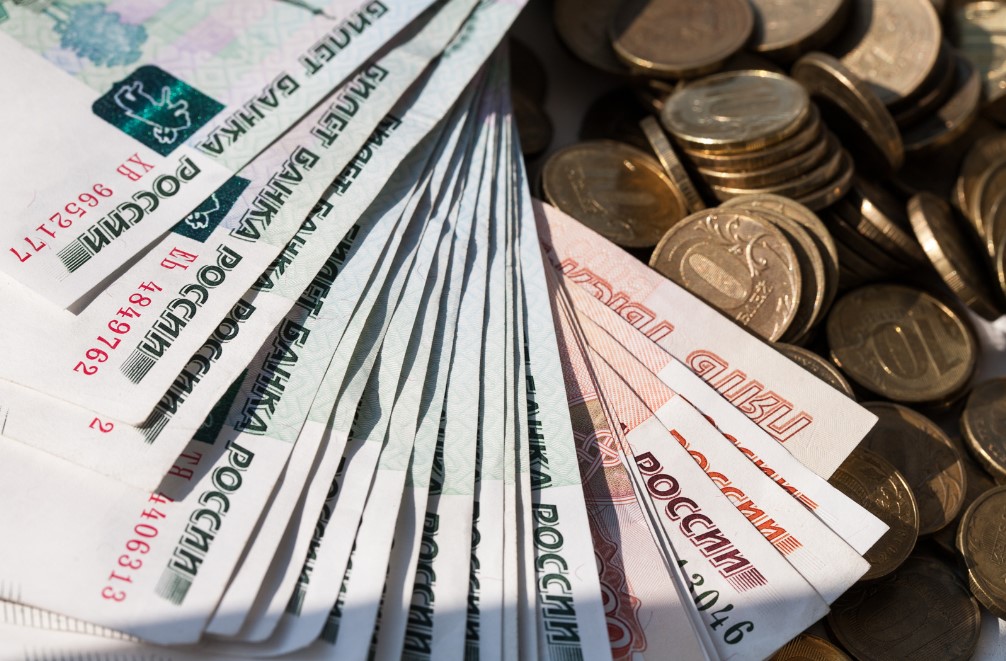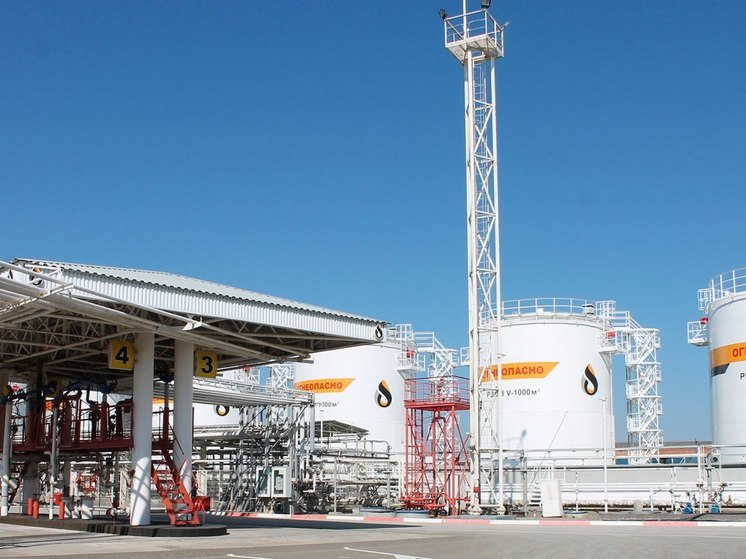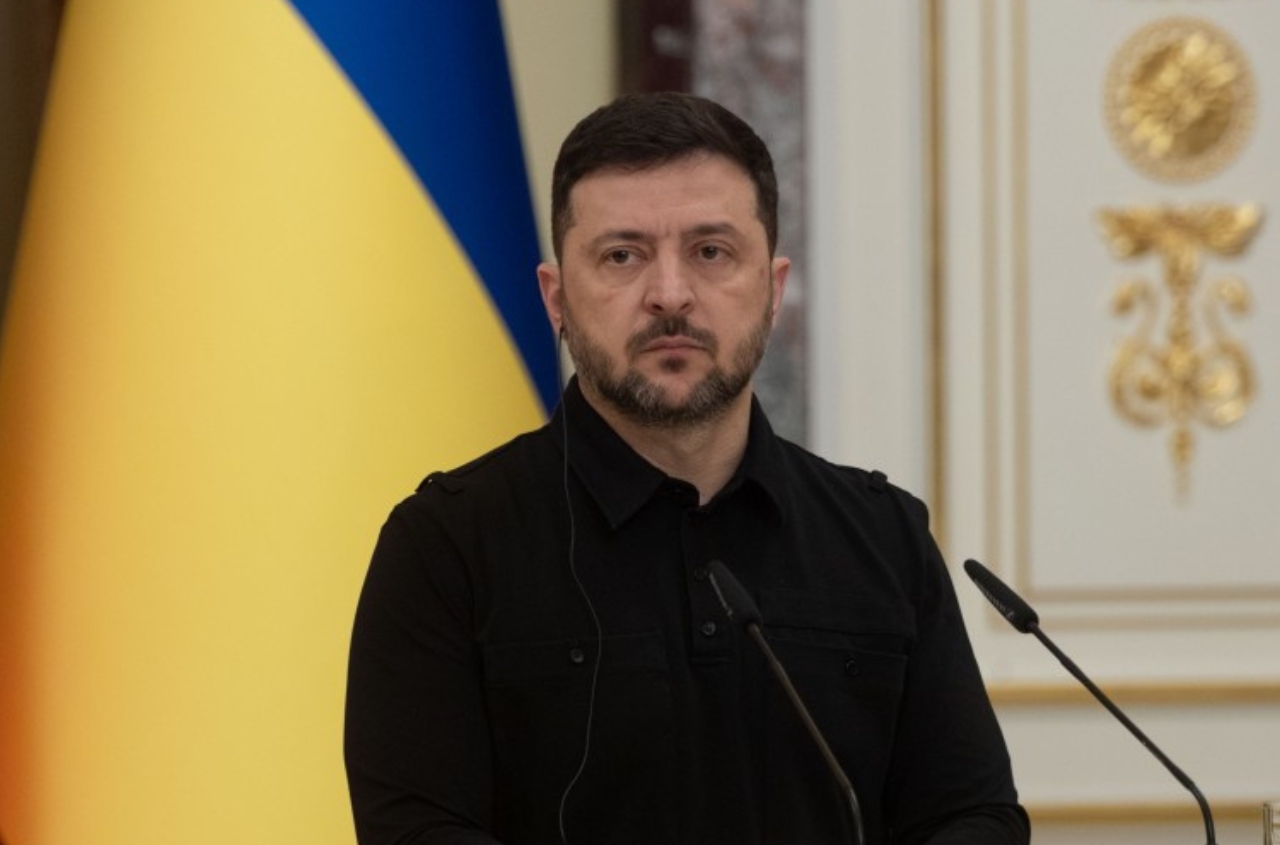I am often asked: when will the period of high economic growth in the Russian Federation end?
I answer: the slowdown has already begun, and I predicted it a year ago (you can scroll through my feed).
The reason for the slowdown, just like the reason for the acceleration, is the monetary policy of the Russian central bank.
Just as a low rate of 7.5%, which lasted for about a year (summer 2022 - summer 2023), set the trajectory for GDP growth above trend, the increase in the central bank's rate to 19% over roughly the same period (summer 2023 - summer 2024) has set the direction for a decline in GDP trend.
At first, the economy takes off, and then it descends.
I have already mentioned that what is happening now in the RF economy is a large-scale empirical experiment that has never happened before and likely never will again in the history of economic science.
Because it is unlikely anyone will be able to carry out such external manipulations with a sufficiently large economic system in the future (referring primarily to sanctions).
Unless the US and EU impose similar sanctions against China.
But there, the experiment will not be as comprehensive because China in the global capitalist system is a renegade bee, only masquerading as a worker bee, while in reality, it is a bee that displaces other bees from neighboring hives. A warrior bee.
And the RF was, as Putin said, "our bourgeoisie."
About a year of low-rate policies has pushed the RF economy above the potential trend, with an unusual growth rate of nearly 5% (in the second half of 2024).
The time lag between a change in monetary policy and the economy's response is from six months to a year.
This means that starting this fall, we will see the reverse effect - a decline in GDP growth dynamics as a consequence of the tightening monetary policy of the central bank and the increase in the key rate from 7.5% to 19%.
The central bank's goal is to "nail" the economy to the level of the potential trend. Only this will reduce demand for labor and resources, which means it will also influence a drop in inflation.
The target for prices in the RF is 4% per year. Currently, it is around 8%. This means that an increase in GDP growth rates of 2 percentage points has caused a spike in inflation of 4 percentage points.
The inverse relationship between inflation and GDP growth trend is not proportional but rather mirror-like: to reduce inflation by 4 percentage points (from 8% to 4%), GDP dynamics needs to be cut by the same 4 percentage points (from 5% to 1% per year).
That is, in the coming year, GDP dynamics in the RF will sharply slow down.
Many predict even 1% in 2025.
My forecast: a growth range of 1.5-2%.
And the RF Central Bank will aim for such inflation reduction in "I see the target, I see no obstacles" mode. Especially since Nabiullina recently confirmed the inflation target of 4%.
Much will depend on oil prices.
Prices below $60 create inflationary risks, while prices above $80 provide anti-inflationary opportunities.
The range from $60 to $80 is the current situation of balancing "in between."
One could say that oil below $60 means a rate above 20%.
And oil above $80 per barrel means a rate below 10%.
But this is all in the logic of Nabiullina, not Belousov, who surely has a "bone to pick" with such monetary policy, which restrains budgetary expansionism and the economic strategy of deployment.
And what is my opinion, you might ask, who is right and who is not?
In this case, I always say: those who choose to fight inflation between falling GDP and inflation ultimately get both inflation and falling GDP.
By the way, in Ukraine, consumer prices have started to rise again.
The tight monetary policy of the NBU has failed to conquer inflation in the medium term, as this is military cost inflation, not peaceful demand inflation.
In other words, next year, we will face rising inflation against the backdrop of a slowing economy.





















